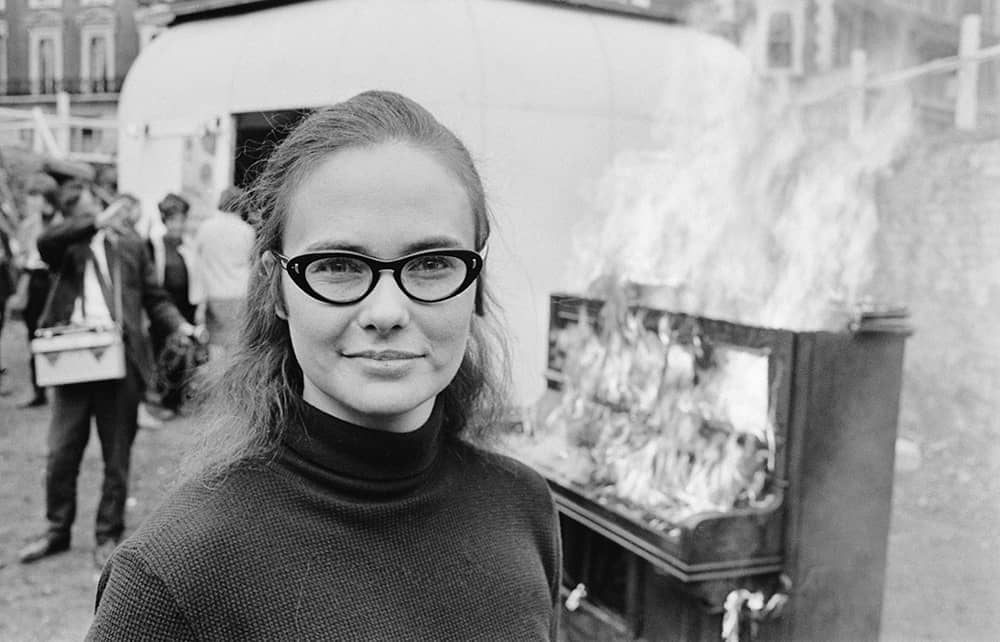How are non-conformists assimilated within the cloistered walls of tradition? Richard Wagner supplied the best answer to the age-old question in Die Meistersinger von Nürnberg, when Hans Sachs, the cobbler-poet, reconciles youthful ardour with the wisdom bestowed by experience. Learn from the masters, he tells the townsfolk, if you want to start afresh.
It was a lesson absorbed by all the great modernists. Stravinsky, Joyce, Eliot, Picasso, Kandinsky and the rest of the gang understood thoroughly what had come before. Alas, it is a lesson as yet unlearned by Kate Molleson, whose pleading on behalf of ten musical misfits is unlikely to ‘open our ears’, despite her best intentions. For who do we open them to?
Julian Carrillo, perhaps, presented here as a semi-tonal Mexican brave, missing only warpaint and spear. In the manner of Leonard Sachs, that garrulous, gavel-bashing compere of The Good Old Days, Molleson piles up windy phrases like turrets on a seaside castle. Carrillo ‘was an awkward innovator, a problematic vanguard, a stubborn renegade’. That’s just the bonne-bouche. A feast of absurd claims follows.

Other readers may prefer the Filipino, Jose Maceda, with his ‘malleable drones’; or incline towards Galina Ustvolskaya, whose deliberately unpleasant music is praised for its ‘ineluctable rigour’. With such mastery of code, Molleson might have been a star at Bletchley Park. In a particularly unsettling passage, which makes one fear for her equilibrium, she deciphers the Russian lady’s ‘wilful and often inexorable cruelty’, ‘terror’, ‘physical pain’, ‘trauma’, ‘steely discipline’, and ‘violence’. And they say music is the food of love.
At least she stakes her claim honestly. A love of music counts for less in this world than the modish inflation of race and gender.








Comments
Join the debate for just £1 a month
Be part of the conversation with other Spectator readers by getting your first three months for £3.
UNLOCK ACCESS Just £1 a monthAlready a subscriber? Log in